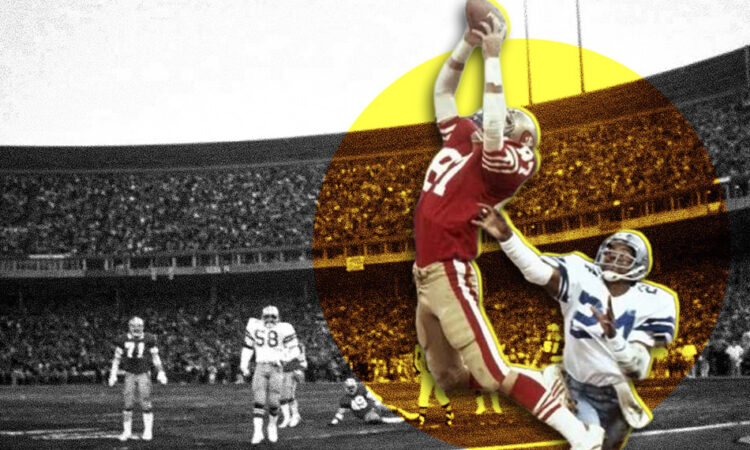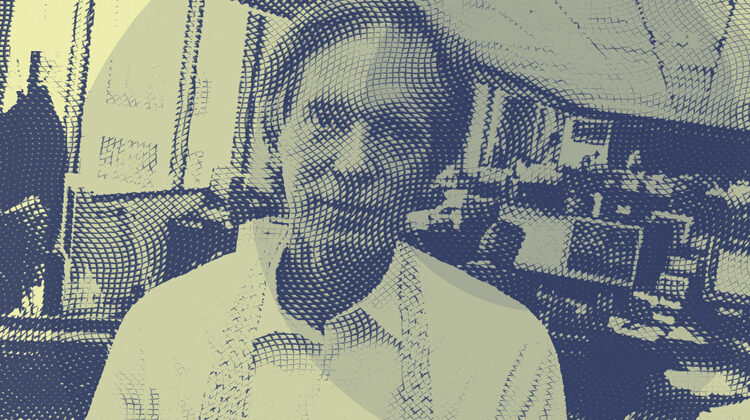
A Man in the Mirror
April 6, 2013
The Tipping Point
July 6, 2013Wounded Heart
Joseph Schumpeter, the originator of the phrase “creative destruction; authored a less well-known corollary at some point in the 1930s. “Profit; he wrote, “is temporary by nature: It will vanish in the subsequent process of competition and adaptation.” And so it has, certainly at the micro level for which his remark was obviously intended. Once proud, seemingly indestructible capitalistic giants have seen their profits fall short of “everlasting” and exhibited a far more ephemeral character. Kodak, Sears, Barnes & Noble, AOL and countless others have been “competed” to near oblivion by advancing technology, more focused management, or evolving business models that had better ideas more “adaptable” to a new age.
Yet capitalism at a macro level must inherently be different than the micro individual businesses which comprise it. Profits in total cannot be temporary or competed away if capitalism as we know it is to survive. Granted, the profit share of annual GDP can increase or decrease over time in its ongoing battle with labor and government for market share. But capitalism without profits is like a beating heart without blood. Not only is it profit’s role to stimulate and rationally distribute new investment (blood) to the economic body, but the profit heart in turn must be fed in order to survive.
And just as profits are critical to the longevity of our capitalistic real economy so too is return or “carry” critical to our financial markets. Without the assumption of “carry,” or return over and above the fixed, if mercurial, yield on an economy’s policy rate (fed funds), then investors would be unwilling to risk financial capital and a capitalistic economy would die for lack of oxygen. The carry or return I speak to is most commonly assumed to be a credit or an equity risk “premium” involving some potential amount of gain or loss to an investor’s principal. Corporate and high yield bonds, stocks, private equity and emerging market.



